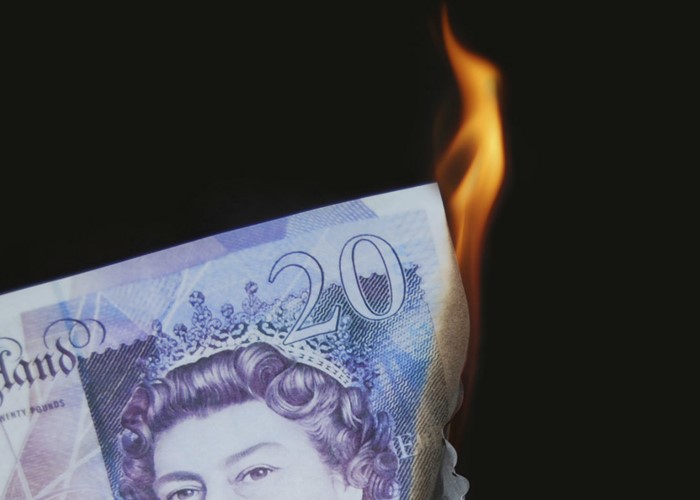Energy giants' profits ‘five times too high’

Profits at the Big Six should be notably lower, claims senior figure at competition watchdog.
Profits at the major energy companies are up to five times higher than they need to be, the Competition and Markets Authority (CMA) has claimed.
Energy companies should have a profit margin of just 1.25% on household bills, according to Roger Witcomb, who led the watchdog’s two-year investigation into the energy sector.
That is just a fifth of what two of the ‘Big Six’ energy firms made last year.
In an interview with the Sunday Telegraph, Witcomb argued that a pre-tax profit of £12.50 on a £1,000 gas and electricity bill was “appropriate”, as “they don’t make the stuff”.
Don't get ripped off: search for a cheaper energy deal
How much profit do the energy giants make?
Profitability varies, but last year British Gas and SSE, two of the ‘Big Six’ energy suppliers, had pre-tax margins of 7% and 6.2% respectively.
The industry has consistently argued that 5% profit margins are fair.
Witcomb outlined what he believes to be a benchmark to judge profits.
“We are looking at EBIT [earnings before interest and tax] margin in the retail market of around 1.25% as appropriate,” he said.
“Remember all they are actually doing – and I shall get into trouble for this – is metering and billing. They are not making the stuff.”
What the energy giants say
The energy firms argue that a 5% profit margin reflects the risks they have to shoulder in price fluctuations between the purchase price and the price they can charge for it as well as the cost of investing in the infrastructure needed to supply gas and electricity.
But, Witcomb believes this is unfair. “Most of the costs are a straight pass-through,” he says.
“The retail activity is acquiring the energy in the first place, buying in the wholesale market and then marketing and metering and billing. There’s no capital in this market.”
As for big profits in the retail sector funding investment in the Big Six’s separate power plant businesses, Witcomb said there was “no commercial logic” to it.
However, Witcomb went on to say that customers are not being ripped off by the Big Six.
He pointed out that there are cheaper deals out there so companies were only charging what customers were prepared to pay.
Don't get ripped off: search for a cheaper energy deal
Read more on loveMONEY:
Extra Energy tops complaints list
Comments
Be the first to comment
Do you want to comment on this article? You need to be signed in for this feature